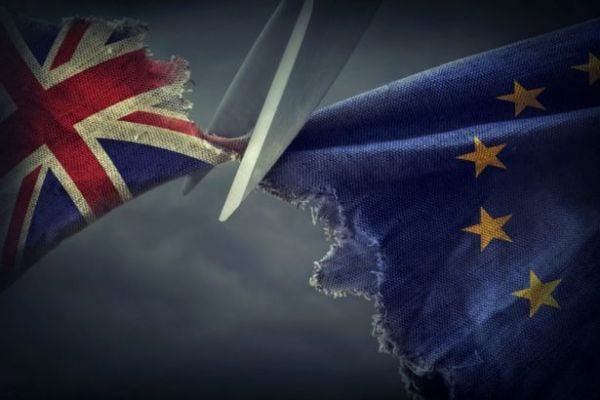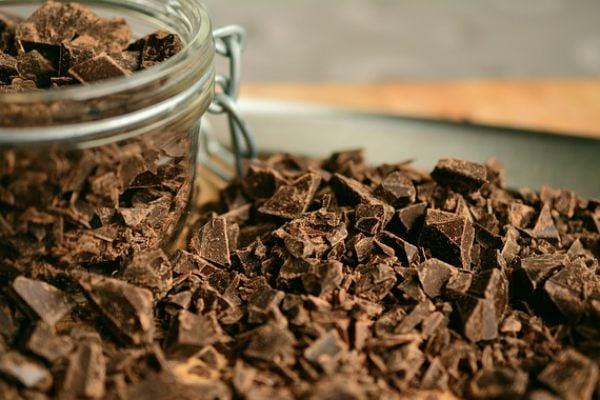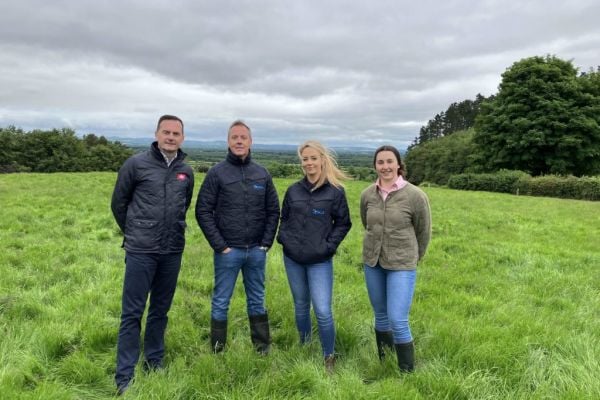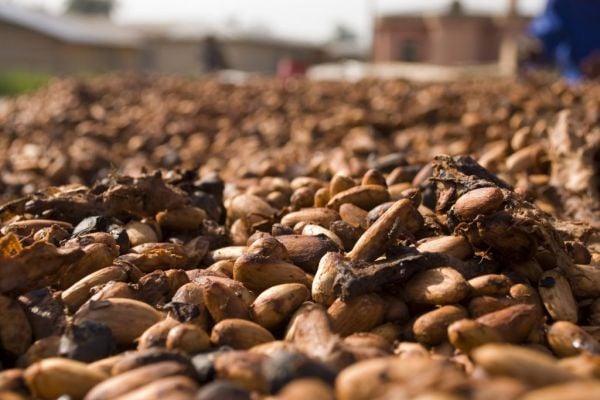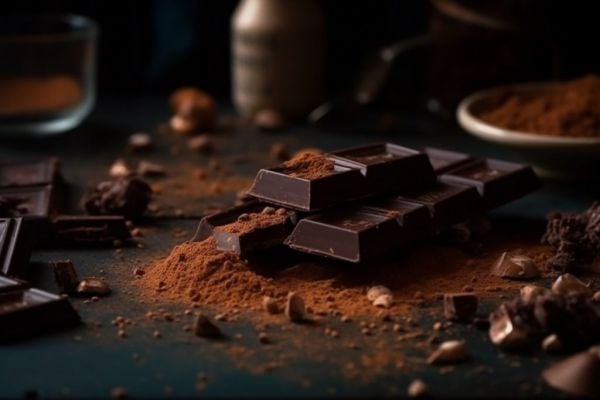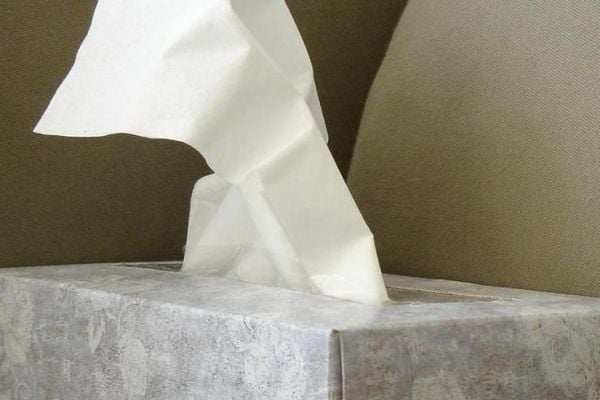Even in a no-deal Brexit, the UK government has said that it will not introduce tariffs on goods arriving from the Republic of Ireland and remaining in Northern Ireland, according to reports.
Good moving across the border will also dodge major checks or controls on the border, again, only for goods for which Northern Ireland is the final destination.
The move is said to preserve the Good Friday agreement.
For good moving from the EU into the rest of the UK, even through Northern Ireland, will be subject to tariffs, checks, and controls.
As a result of this, and the obvious lack of checks on goods moving from Northern Ireland to the rest of the UK, the UK government insisted that it would not create a border down the Irish sea.
This will give the dairy industry a particular sigh of release for Irish dairy processors.
Dairy Tension
Last month, Dairy Industry Ireland (DII) called out to the UK government to ‘appreciate the severe economic, social and environmental damage on the island of Ireland from the possible application of agrifood tariffs’.
“Milk exports south of the border are of vital importance to the economic viability of the dairy industry in Northern Ireland and there simply is not the processing capacity in Northern Ireland or in fact the rest of the UK to handle this milk,” Conor Mulvihill, Director of DII, said at the time.
Over the years Northern Ireland and the Republic of Ireland have developed common practices to improve efficiency, maximise productivity and add value throughout an ‘all-island’ dairy supply chain.
The introduction of checks and tariffs at the border would have seen processors and farmers take a massive hit, including those involved in the recent Lakeland Dairies and LacPatrick merger.
Lakeland Dairies in particular, being a cross-border dairy processing co-operative, will face particular disruption to the free movement of its supplies.
Applicable Tariffs
However, some dairy products will still be subject to cross-border tariffs, in order to protect UK farmers, as well as the majority of beef, lamb, pork, and poultry products.
In a no deal scenario, tariff rates could be introduced on food products through a ‘Most Favoured Nation’ tariff.
Most Favoured Nation is a World Trade Organisation principle, which means that the same tariffs must be applied to any trading partner unless there is an agreement in place.
Under this scheme, beef (53% of MFN), poultry meat (60%), sheep meat (100%), pig meat (13%), butter (32%), Cheddar-like cheese (13%), protected fish and seafood products, (100%) and milled and semi-milled products (83%) will all see hefty tariffs imposed.
© 2019 Checkout – your source for the latest Irish retail news. Article by Aidan O’Sullivan. Click subscribe to sign up for the Checkout print edition.
